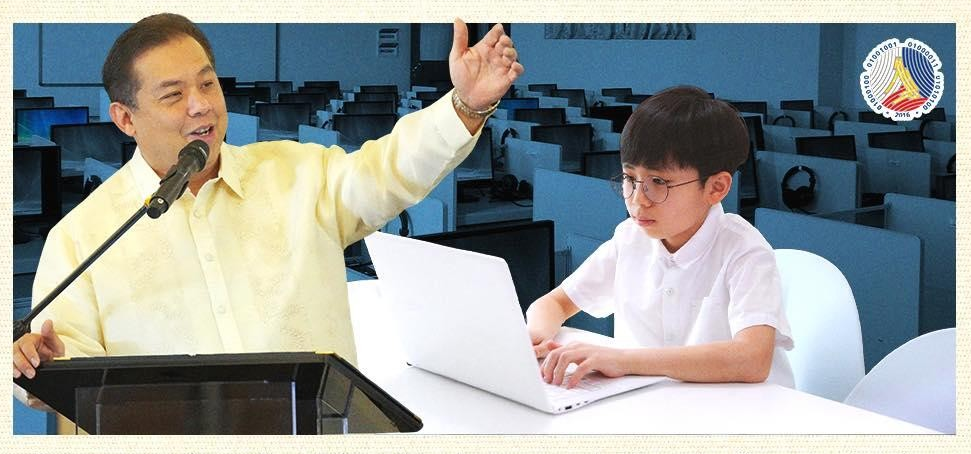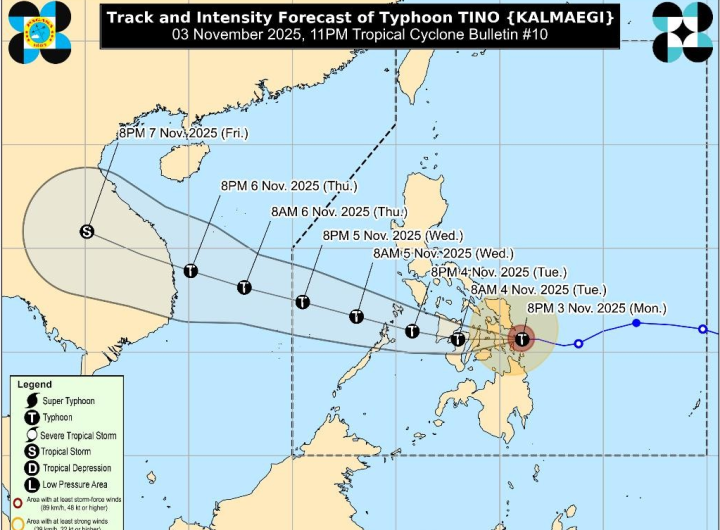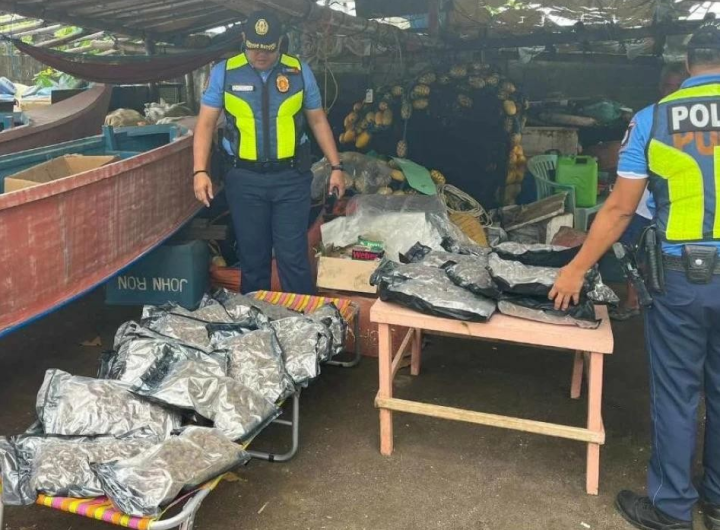
SPEAKER Ferdinand Martin G. Romualdez on Friday expressed his full support for the Department of Information and Communication Technology’s (DICT) efforts to achieve 100 percent Internet connectivity for all public schools across the country by the end of 2025.
According to Romualdez, having all public schools connected online is crucial to closing the digital gap and achieving the transformation of the education sector as envisioned by President Ferdinand “Bongbong” R. Marcos Jr.
“This is how our people’s taxes should be used for the benefit of our learners—so that they may become competent, skilled, and competitive, and eventually be gainfully employed in fulfilling livelihoods to help them lift their families out of poverty,” the reelected Leyte 1st district lawmaker said.
He made the remarks after DICT Secretary Henry Rhoel Aguda said 78 percent of public schools are connected to the Internet, leaving around 12,000 public schools mostly in geographically-isolated and disadvantaged areas without Internet access.
In his speech before the Philippine Chamber of Commerce and Industry in Makati City earlier this week, Aguda assured that the government is resolute in expanding the coverage of the National Fiber Backbone (NFB) project, which is projected to benefit around 17 million Filipinos.
Romualdez emphasized that the initiative goes beyond technology, as it forms part of the President’s vision of a digital, inclusive Philippines where connectivity opens doors to quality education, improved public services, and expanded economic opportunities.
“By connecting all public schools, we are laying the foundation for a more inclusive digital economy. This will empower our students with the tools and skills they need to thrive in a future where technology drives growth and progress,” Romualdez said.
“Sa ilalim ng digital transformation agenda ni Pangulong Marcos, hindi lamang teknolohiya ang pinapalaganap kundi ang pantay na oportunidad para sa bawat Pilipino—mula sa mga estudyante hanggang sa kanilang mga pamilya,” he added.
Speaker Romualdez reaffirmed his full support for President Marcos’ vision of a truly online, digital Philippines.
He noted that the President himself, in his State of the Nation Address (SONA) last month, highlighted the government’s ongoing efforts to boost Internet access through the expansion of the NFB project, the installation of additional free Wi-Fi spots, the distribution of SIM cards with free data in far-flung schools, and the construction of more cell sites.
“As we deliberate and craft the proposed P6.793 trillion national budget for 2026, we will carefully scrutinize how past funds for Internet connectivity were spent to ensure that relevant government agencies are able to fully utilize their budget to bring Internet access to our countrymen,” he said.
Under the DICT’s proposed funding, P5 billion was allocated for the implementation of the Free Public Internet Access Program, which has activated 18,849 sites across the country.
This will fund backbone, middle mile, and last mile ICT infrastructure, and the construction of towers, data centers, assets, among others, and will be sourced from the Spectrum Users Fee collected by the National Telecommunications Commission.
To enhance the push for digital transformation in the country’s schools, the Department of Education (DepEd) was allocated P16.5 billion for its Computerization Program for 2026.
“We in the House of Representatives are fully behind the Marcos administration’s goal of a fully online Philippines and the digitalization of our bureaucracy—and this includes encompassing fast Internet access for our students,” Speaker Romualdez stressed.
Speaker Romualdez pointed out that among the critical lessons learned during the COVID-19 pandemic is that Internet connectivity is no longer a luxury but a basic need in helping advance education at all levels.
He urged government agencies to work hard to catch up in improving Internet connectivity through the expansion of the NFB project.
The Leyte lawmaker also called on telecommunications companies to continue supporting the government’s initiatives to improve Internet access and boost coverage in far-flung areas.
“While it is the government’s role in laying down the needed infrastructure for faster and expanded Internet connectivity, telcos also have an important role in making their services more competitive,” Speaker Romualdez said.
He added: “This is the much-needed convergence—not just a whole-of-government approach, but a collaboration with the private sector in improving Internet connectivity for our learners who are also doing their best in their studies so that they can achieve their dreams.”

 CEBU COP SACKED OVER ‘BRING ME DRUG PUSHER CHALLENGE’ VIDEO
CEBU COP SACKED OVER ‘BRING ME DRUG PUSHER CHALLENGE’ VIDEO  EJERCITO FILES ‘EMMAN ATIENZA BILL’ TO FIGHT ONLINE HATE, HARASSMENT
EJERCITO FILES ‘EMMAN ATIENZA BILL’ TO FIGHT ONLINE HATE, HARASSMENT  SIGNAL NO. 4 UP IN PARTS OF VISAYAS, MINDANAO DUE TO ‘TINO’
SIGNAL NO. 4 UP IN PARTS OF VISAYAS, MINDANAO DUE TO ‘TINO’  ESCUDERO: INFRASTRACTURE PROJECTS MUST BE SUPPORTED BY FEASIBILITY STUDIES
ESCUDERO: INFRASTRACTURE PROJECTS MUST BE SUPPORTED BY FEASIBILITY STUDIES  TEACHERS’ GROUP BACKS VICE GANDA ON SORSOGON ‘BULOK’ SCHOOL REMARK
TEACHERS’ GROUP BACKS VICE GANDA ON SORSOGON ‘BULOK’ SCHOOL REMARK  COMPASSION IN UNIFORM: KALINGA TOP COP PAYS FOR MILK STOLEN BY MAN FOR HIS BABY
COMPASSION IN UNIFORM: KALINGA TOP COP PAYS FOR MILK STOLEN BY MAN FOR HIS BABY  P1.6M FLOATING MARIJUANA FOUND IN BATANGAS
P1.6M FLOATING MARIJUANA FOUND IN BATANGAS  ROBBERS HIT 2 CONVENIENCE STORES IN BULACAN
ROBBERS HIT 2 CONVENIENCE STORES IN BULACAN  ROOKIE COP NABBED FOR ALLEGED SEXUAL ASSAULT OF FELLOW OFFICER
ROOKIE COP NABBED FOR ALLEGED SEXUAL ASSAULT OF FELLOW OFFICER